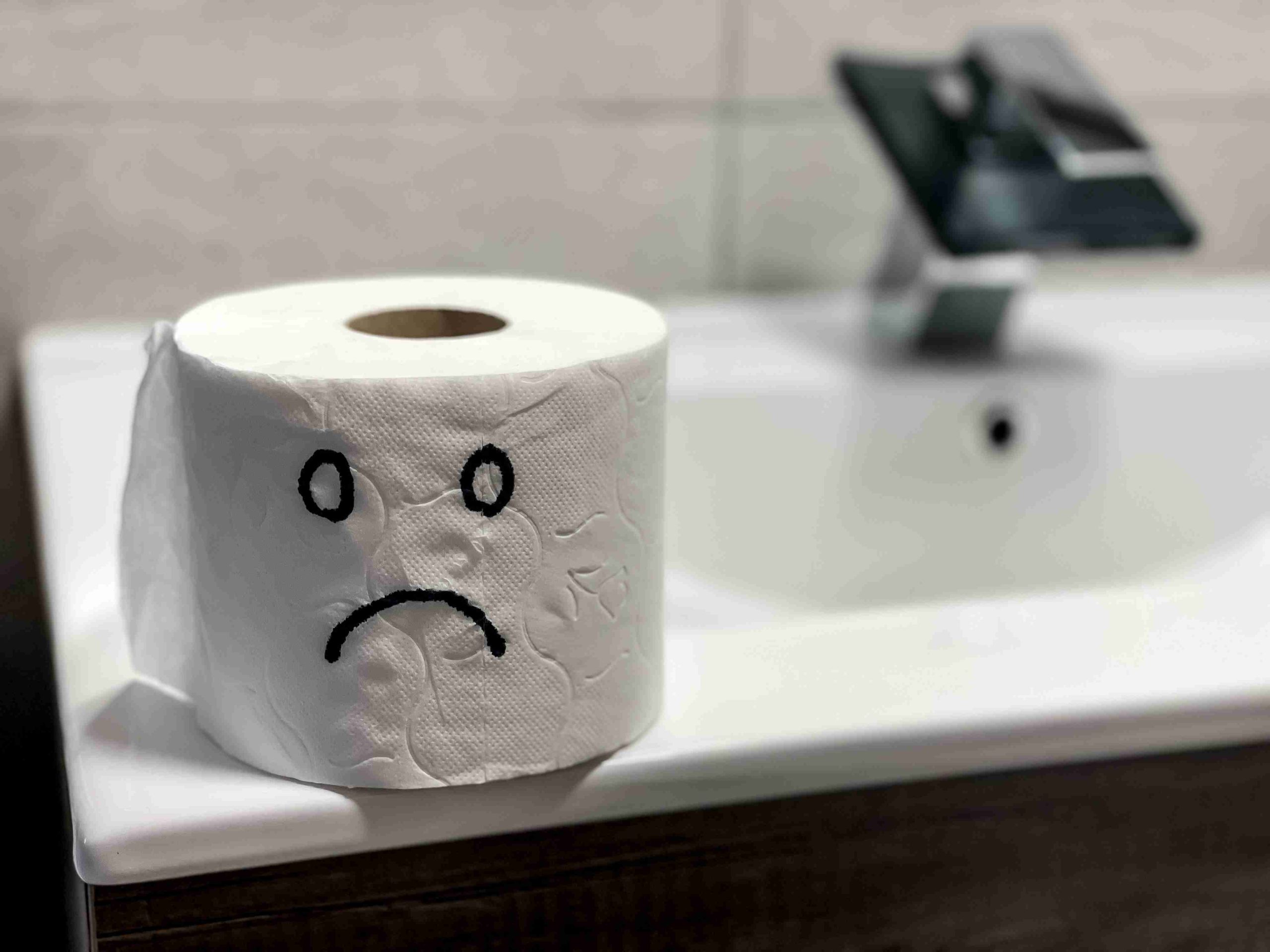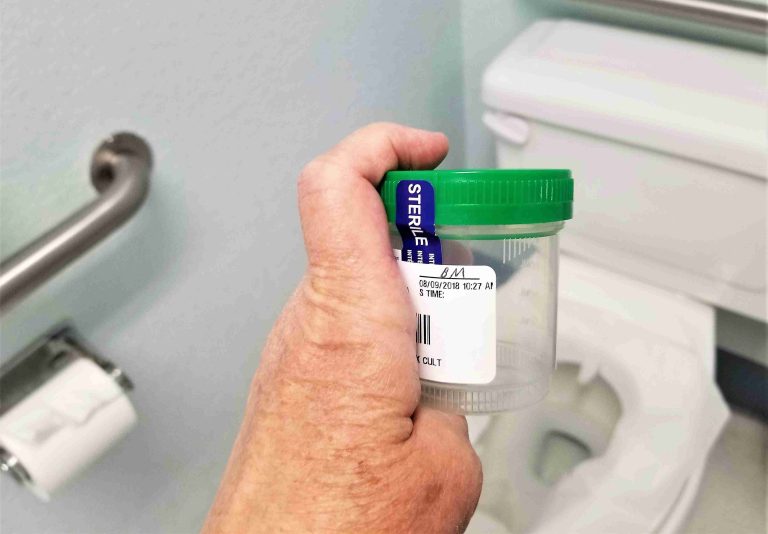Undergoing a colonoscopy is often a proactive step toward maintaining gastrointestinal health. Whether it’s done for routine screening, polyp removal, or investigating symptoms like chronic diarrhea or rectal bleeding, the procedure allows your doctor to view the inside of your colon and rectum.
While colonoscopies are generally safe, it’s not uncommon for patients to experience some after-effects. One of the more alarming symptoms reported is blood in stools following the procedure. But is it normal, or should it raise concern? Understanding what to expect after a colonoscopy and when to seek medical attention can make the recovery period less stressful and ensure your peace of mind.
What Happens During a Colonoscopy?
A colonoscopy is a procedure in which a long, flexible tube equipped with a tiny camera (a colonoscope) is inserted through the rectum to examine the inner lining of the colon. The doctor may take biopsies, remove polyps, or perform other minor interventions during the procedure.
Because the colonoscope can reach the entire length of the colon, it allows for the detection and removal of potentially cancerous growths. The preparation typically includes fasting and taking a bowel-cleansing solution, which ensures a clear view during the procedure.
While most colonoscopies are uneventful, the insertion of the scope, biopsies, or polyp removals can sometimes irritate the lining of the colon or cause minor rectal bleeding.
Is It Normal to See Blood After a Colonoscopy?
Seeing a small amount of blood in the stool after a colonoscopy, especially if a biopsy was taken or a polyp was removed, can be considered a normal part of the healing process. This may appear as light red streaks on toilet paper or a small amount of blood in the stool, and usually resolves within a couple of days.
Bleeding is more common when larger polyps are removed, as the tissue needs time to heal. In such cases, your doctor might even warn you ahead of time to expect a bit of spotting. Mild cramping and bloating may also occur due to the air introduced into the colon during the exam. However, it’s important to understand when this symptom crosses the line from expected to concerning.
When Should You Worry About Blood in Stools?
While blood in stools is generally harmless, certain signs should prompt immediate medical evaluation:
- Bright red blood in the stool that continues for more than a couple of days
- Heavy rectal bleeding or blood clots
- Dizziness, weakness, or fainting (signs of significant blood loss)
- A sudden drop in blood pressure or a racing heart
- Black or tarry stools, which may indicate bleeding higher in the colon or stomach
If any of these symptoms occur, it may suggest a complication such as a delayed post-polypectomy bleed or even a rare but serious condition like a bowel perforation. Though these complications are uncommon, they can occur and should not be ignored.
Why Does Bleeding Occur After the Procedure?
There are several reasons why you can see blood in stools following a colonoscopy. The most common cause is trauma to the bowel lining, especially in areas where a biopsy was taken or a polyp was removed. The colon’s surface is very vascular, meaning it contains many blood vessels that can bleed when disturbed.
In most cases, this bleeding is minor and self-limiting. However, in people taking blood thinners such as aspirin, warfarin, or newer anticoagulants, the risk of bleeding increases. It’s essential to inform your doctor of any medications you’re taking before the procedure, as they may advise temporarily stopping them.
Another cause of bleeding is internal hemorrhoids, which can be irritated during the insertion or withdrawal of the scope. These can lead to minor bleeding that is typically not serious.
How Long Does Bleeding Last After a Colonoscopy?
If bleeding occurs, it usually happens within the first 24 to 48 hours after the procedure. In the case of polyp removal, delayed bleeding can occur up to 10 to 14 days later. This type of bleeding may be sudden and more pronounced than the initial spotting and warrants immediate medical attention. Most mild post-colonoscopy bleeding will stop on its own within a day or two. Patients are usually advised to avoid strenuous activities for at least 24 hours and to follow specific dietary and recovery instructions provided by the healthcare team.
What to Do If You Notice Blood in Your Stool
If you notice a small amount of blood in your stool, try not to panic. Take note of the amount, color, and frequency. Is the blood bright red or dark and tarry? Are you experiencing other symptoms like dizziness, stomach pain, or fatigue? If the bleeding is minimal and short-lived, and you feel otherwise well, you can monitor the situation while maintaining a soft, fiber-rich diet to avoid constipation or straining.
However, if the bleeding worsens or is accompanied by discomfort or any warning signs, you should contact your doctor or go to the emergency room. It’s helpful to document when the bleeding started, how it changed, and whether it occurred with or without a bowel movement. This information can be valuable to your healthcare provider in assessing whether intervention is needed.
Preventing Post-Colonoscopy Complications
While some factors are beyond your control, there are steps you can take to minimize your risk of bleeding or other complications:
- Follow all pre-procedure instructions carefully, especially regarding fasting and bowel preparation.
- Discuss your full medical history and medication list with your doctor before the procedure.
- After the colonoscopy, take it easy for the rest of the day and avoid activities that may strain your abdomen.
- Stick to the dietary recommendations provided—typically soft foods and plenty of fluids.
- Avoid alcohol, blood thinners, and NSAIDs like ibuprofen unless cleared by your doctor.
- If you were told that polyps were removed, ask your doctor what to expect in terms of recovery and possible symptoms.
When to Follow Up With Your Doctor
Even if your bleeding stops, it’s still a good idea to keep your follow-up appointment with your gastroenterologist. They may want to discuss your results, explain what was found, and plan any future screenings or treatments. If the bleeding returns or new symptoms develop, such as fever, abdominal pain, or continued rectal bleeding, don’t wait. Prompt evaluation may prevent further complications and ensure appropriate care is given.
Conclusion
While it can be unsettling, mild blood in stools after a colonoscopy is often a normal part of the healing process, particularly if biopsies or polyp removals were performed. That said, it’s essential to know the difference between harmless spotting and signs of a more serious issue.
Paying attention to your symptoms, knowing when to seek help, and following your doctor’s post-procedure instructions can make your recovery smooth and safe. If you notice blood in stools or if bleeding seems excessive, don’t hesitate to reach out to your healthcare provider. When in doubt, it’s always better to err on the side of caution—your health and peace of mind matter.







